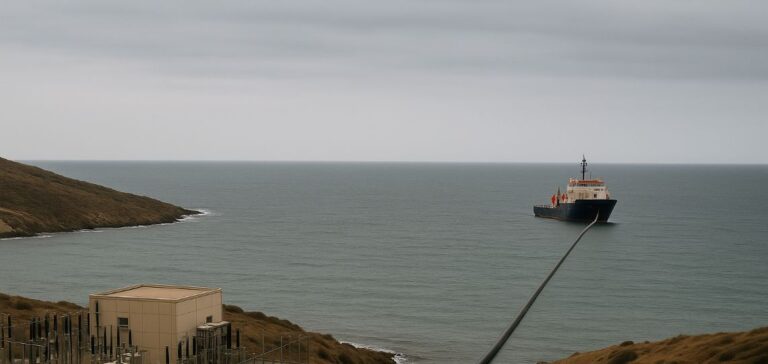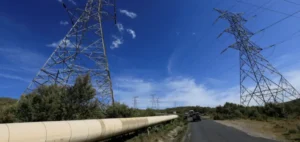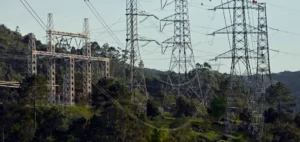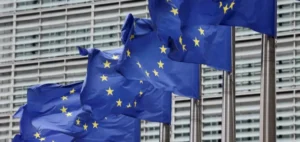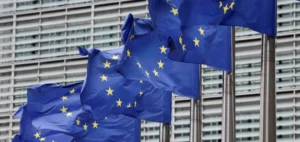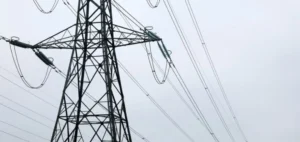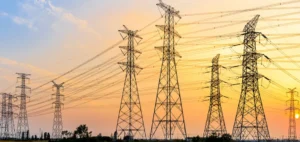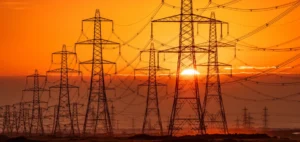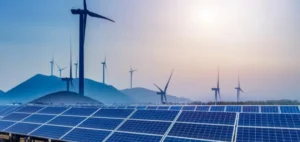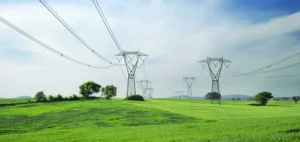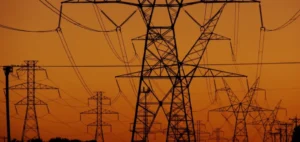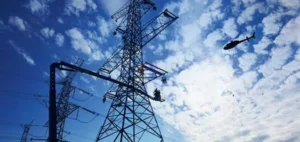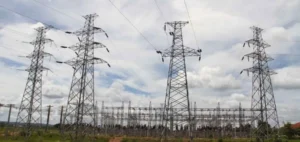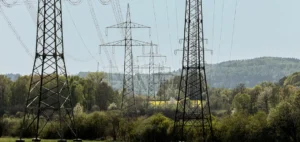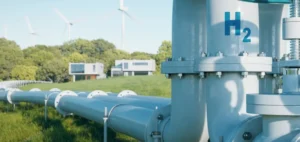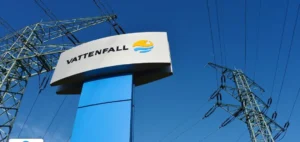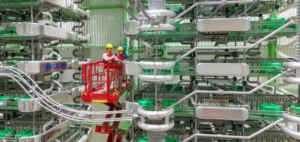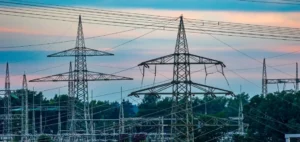The electricity interconnection project between Egypt and Greece, backed by the European Union, was described as a “strategic step” by Egyptian President Abdel Fattah al-Sissi during an official visit to Athens. With a budget of €4.2bn ($4.52bn), the Gregy-Elica Interconnector will link the two countries through a submarine cable to export electricity generated in Egypt to the European market via Greece.
Energy infrastructure and regional role
Signed in 2022, the project aims to establish Greece as an energy transit point in the Eastern Mediterranean. Electricity transmitted from Egyptian power plants will supply not only Greece but also neighbouring countries, thereby reinforcing regional energy integration. According to Egyptian authorities, this will be the first direct link for renewable energy exports from Egypt to Europe.
Greek group Kopelouzos, responsible for building the infrastructure, presents the interconnection as a strategic tool to transform Greece into a regional energy hub. The Egyptian president called for continued support from the European Union to ensure progress and accelerate implementation.
Diplomatic deployment and bilateral cooperation
Abdel Fattah al-Sissi’s official visit to Athens coincided with the first meeting of the Egypt-Greece Cooperation Council. This new bilateral body resulted in the signing of a declaration on strategic partnership, covering cooperation in energy, economy, trade, security, and migration.
Greece is also participating in another interconnection project with Cyprus and Israel, aiming to link the power grids of the three countries. This initiative has triggered regional tensions, particularly with Turkey, which disputes certain maritime boundaries in the Eastern Mediterranean.
A precedent in energy cooperation
In 2020, Athens and Cairo had already signed an agreement demarcating their exclusive economic zones (EEZ), establishing a legal framework for maritime cooperation. This move followed Turkish gas exploration efforts in the region.
The Gregy-Elica project is part of a broader context of intensified energy cooperation in the Mediterranean, aiming to secure regional supply and enhance network integration between North Africa and Southeast Europe.


